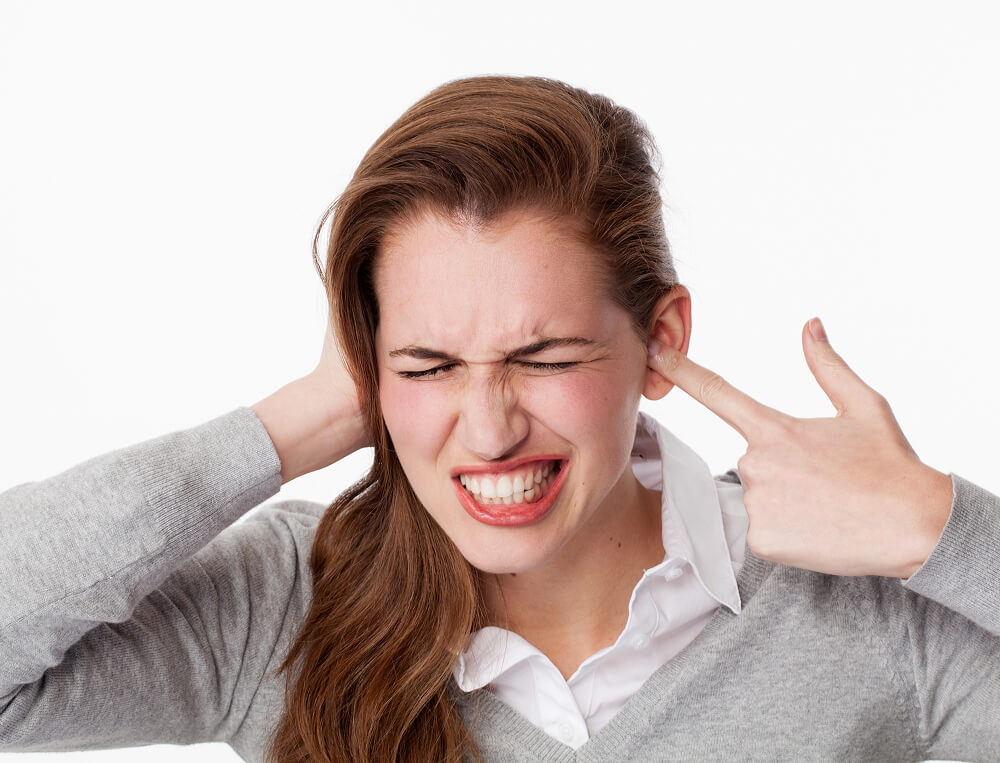Not all tooth pain stems from cavities or gum issues—sometimes, the source is far less obvious. Teeth grinding, also known as bruxism, often occurs during sleep or stressful moments and can quietly wreak havoc on your oral health. What many people don’t realize is that this seemingly harmless habit can lead to persistent tooth pain, enamel erosion, and even nerve exposure. Understanding the subtle signs of grinding is essential to preventing long-term dental complications.
The Mechanics of Grinding: How It Affects Your Teeth
Teeth grinding exerts intense, repetitive force on your teeth—far greater than the pressure generated while chewing food. This grinding usually happens unconsciously, especially during sleep, and can apply up to 250 pounds of pressure per square inch. Over time, this force wears down the protective enamel layer, exposing the softer dentin beneath. What’s often overlooked is that grinding doesn’t just wear teeth—it creates microscopic fractures that allow bacteria to infiltrate the inner tooth, even if there’s no visible cavity. These micro-cracks can trigger nerve irritation, leading to spontaneous pain or sensitivity to temperature and pressure. Additionally, grinding stresses the periodontal ligaments that anchor the teeth, sometimes causing discomfort that mimics toothache even when there’s no decay. Understanding this chain reaction is key to recognizing why tooth pain from grinding can feel so similar to pain from more familiar dental issues.
From Tooth to Jaw: The Chain Reaction of Bruxism
Teeth grinding doesn’t confine its damage to just the teeth—it creates a ripple effect through the entire oral system, especially the jaw. When the jaw muscles are in a prolonged state of contraction due to nighttime grinding, they begin to overcompensate, leading to inflammation in the temporomandibular joint (TMJ). This inflammation can radiate pain not just to the jaw but also to the neck, temples, and even ears—misleading symptoms that can be mistaken for sinus or migraine issues. Few realize that this muscle fatigue can also impact bite alignment, causing further wear patterns and exacerbating grinding. Over time, even the posture of the head and neck can subtly shift in response to these imbalances. So while the initial complaint may be tooth pain, the root cause often extends into a broader neuromuscular pattern that requires more than just a dental solution.
When Stress Goes Silent: The Psychological Link to Tooth Pain
One of the lesser-known dimensions of teeth grinding is its deep psychological root in chronic stress and anxiety. Unlike daytime clenching that may be consciously managed, nighttime bruxism is often a subconscious response to emotional tension. This grinding doesn’t just wear down enamel—it rewires the brain’s pain perception pathways, sometimes making teeth feel sore or hypersensitive even in the absence of decay or trauma. Dentists often overlook this neurological angle, focusing solely on the physical damage. However, without addressing the underlying psychological stressors, traditional treatments like night guards may offer only temporary relief. Exploring lifestyle habits, sleep quality, and emotional regulation is essential in cases where the pain persists despite no clinical abnormalities.
Signs You Might Be Grinding Your Teeth at Night
Nighttime teeth grinding—also known as sleep bruxism—often goes unnoticed until significant damage has occurred. While jaw soreness and chipped teeth are common red flags, other, less obvious signs may point to a grinding habit you don’t even know you have:
- Morning headaches: Tension built up from overnight grinding can radiate through the temples and forehead, often mistaken for stress or sinus-related pain.
- Worn tooth surfaces: Flattened or shiny spots on the chewing surfaces of teeth may indicate ongoing grinding, even in the absence of obvious cracks or chips.
- Tight or enlarged jaw muscles: Some people develop hypertrophy in the masseter muscles from frequent clenching and grinding, creating a broader lower facial appearance over time.
- Ear discomfort without infection: Grinding stress can travel through the jaw joint (TMJ), creating pressure sensations in the ear canal.
- Tooth sensitivity with no cavities: Exposed dentin from worn enamel can trigger discomfort from hot, cold, or sweet stimuli, even in teeth that look healthy.
- Clicking or popping in the jaw: Joint stress from repeated grinding can lead to TMJ dysfunction, often signaled by audible or painful movements in the jaw.
- Unexplained sleep disruption: Your brain may be partially awakened by grinding episodes, leading to restless sleep even if you feel unaware of movement.
Recognizing these subtle signs early can help protect your teeth before more extensive damage develops.
The Long-Term Impact: Enamel Damage and Tooth Structure Loss
Chronic teeth grinding silently wears down enamel—the hardest substance in the human body—but its strength has limits. Over time, this microtrauma thins enamel to the point where underlying dentin becomes exposed, leading to chronic sensitivity and vulnerability to decay. But the damage doesn’t stop there. As enamel erodes, the biting surfaces of teeth flatten and shorten, subtly altering your bite alignment. This can trigger a cascade of functional issues, including uneven pressure distribution, TMJ strain, and accelerated wear on other teeth trying to compensate. What many don’t realize is that grinding doesn’t just strip away enamel—it reshapes your entire oral landscape. In extreme cases, vertical dimension loss occurs, causing the lower third of the face to collapse slightly, which not only affects appearance but also impairs speech, chewing efficiency, and even breathing patterns during sleep. This kind of deterioration is often misattributed to aging, but bruxism is frequently the underlying cause.
Solutions That Work: Custom Night Guards and Lifestyle Shifts
Custom night guards are often considered the most effective solution for teeth grinding during sleep. Unlike over-the-counter versions, custom guards are specifically designed to fit your mouth, offering a higher level of comfort and protection. They act as a barrier between your upper and lower teeth, preventing enamel wear and reducing jaw tension. Lifestyle adjustments can also play a role in managing bruxism. Incorporating stress-relief practices such as meditation or gentle jaw exercises before bedtime can help ease the tension that triggers grinding. Mindful techniques like practicing good posture or avoiding caffeine in the evening also support overall jaw health, reducing the likelihood of grinding.
When to Seek Help: Timing Matters More Than You Think
If you’re noticing frequent tooth sensitivity, jaw discomfort, or headaches that seem linked to grinding, it’s important to seek help sooner rather than later. Delaying treatment can lead to more severe issues, like cracked teeth or extensive enamel loss. The longer grinding goes untreated, the more challenging it becomes to restore your teeth and jaw to optimal health. Addressing the problem early can prevent costly and complex procedures later, ensuring that your teeth and jaw remain in good condition for years to come.
Conclusion
Teeth grinding can have a significant impact on your oral health, from tooth pain to long-term damage to your teeth and jaw. Recognizing the signs early, using effective solutions like custom night guards, and seeking timely care are essential steps in protecting your smile. If you’re experiencing any of the symptoms mentioned, don’t wait to get help. Our team is here to offer personalized solutions and ensure your dental health is maintained. Visit us or call (202) 955-5787 today to schedule an appointment and take the first step toward relief and prevention.


